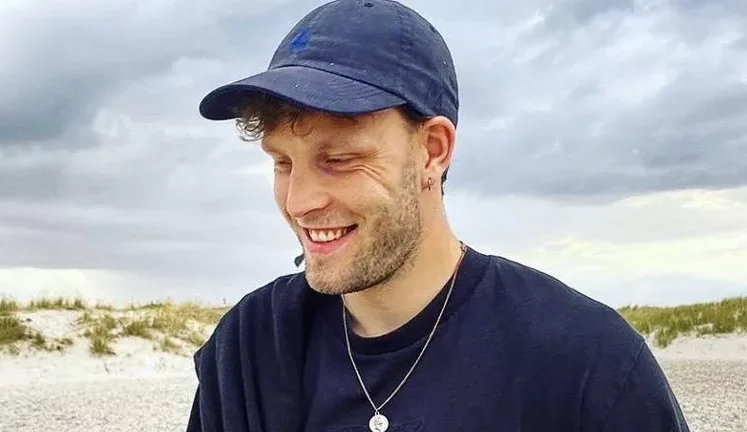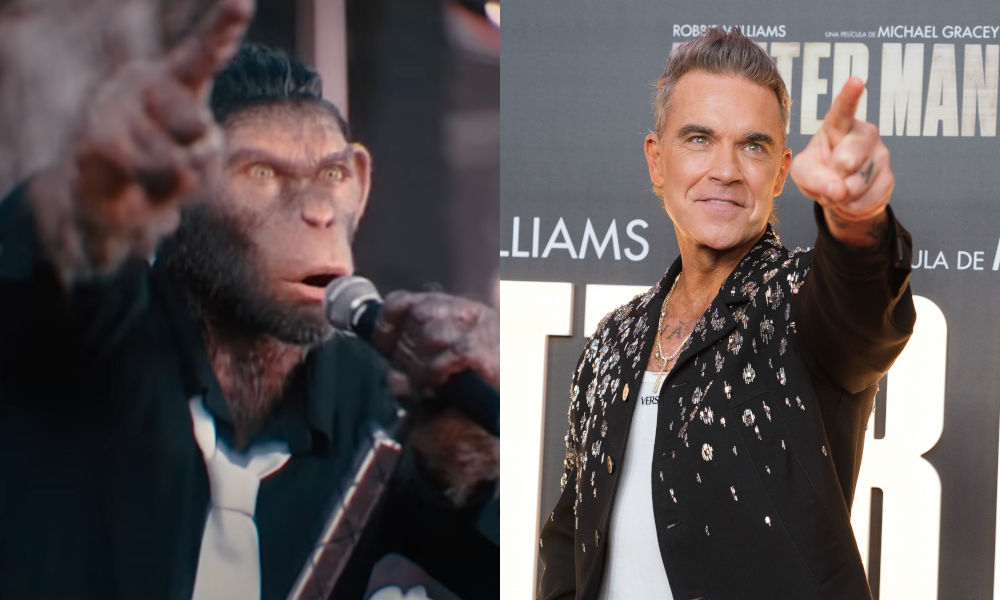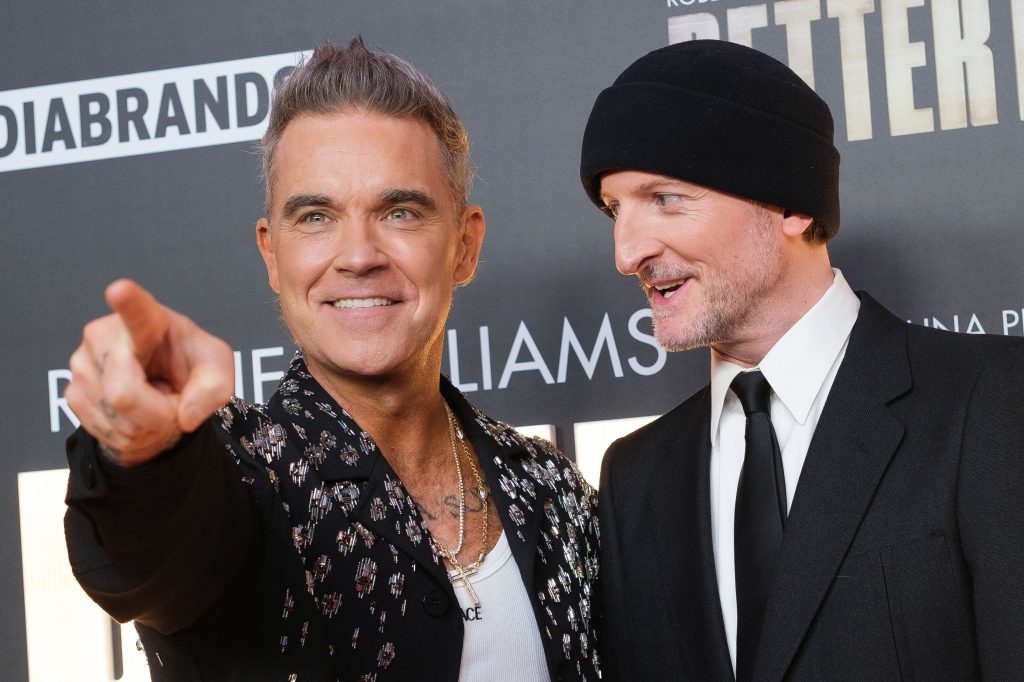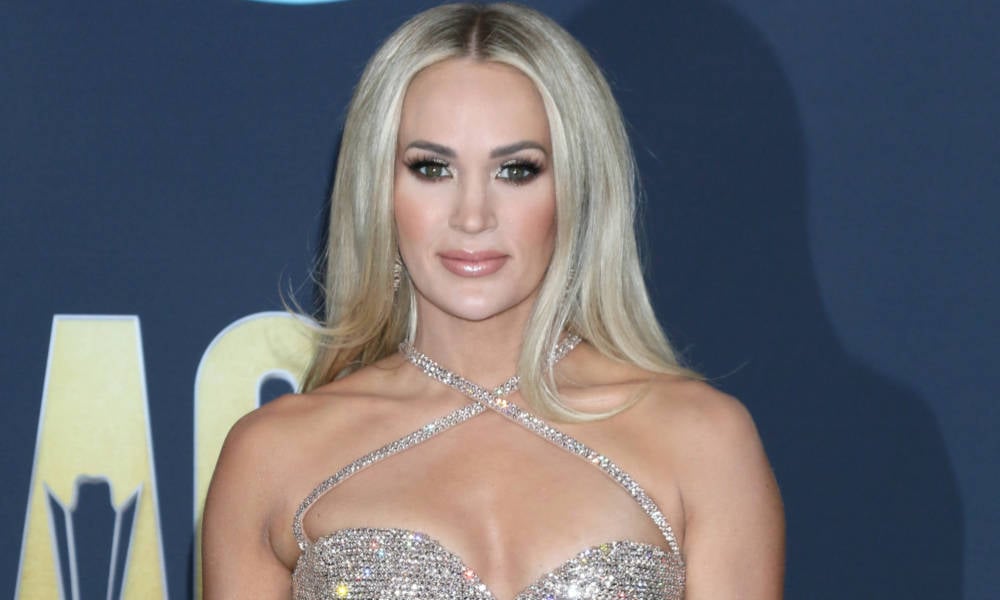Danish professional handball player Villads Raahauge Jensen has publicly come out as gay, marking a significant moment in the world of sports. The 28-year-old attacking player, who currently competes for Lugi HF in Sweden’s second-tier Allsvenskan league, shared the news in an emotional Instagram post on Sunday, revealing his sexuality to the public after years of personal struggle.
In the post, Jensen shared a photo of himself as a young boy alongside the simple yet profound message: “I am gay.” He went on to explain that while those three words should be easy to say, they have been difficult for him to express, noting the fear and uncertainty he had carried for years about revealing his true self.
“I’ve been thinking of posting a post like this for a long time, and have been thinking if this was the right way to come out. But there is probably no right or wrong way,” Jensen wrote in his Instagram caption. “For many years I’ve been afraid to be open about it. But now, I am finally ready to say it.”
Jensen, who stands at 6ft 4in, has had an impressive handball career, playing for some of Europe’s top clubs. Born in Copenhagen, he began his career with Ajax in his hometown before moving on to various teams, including OV Helsingborg in Sweden and Haslum in Norway. In March 2024, he returned to Sweden to join Lugi HF, which competes in the Allsvenskan league. While the team was relegated at the end of last season, Jensen has continued to contribute his talents to the sport.
Support from Teammates and Club
In a recent interview with Swedish newspaper Sydsvenskan, Jensen opened up about the challenges he faced in coming to terms with his sexuality while playing professional sports. He explained that although he has never been ashamed of being gay, he still felt the weight of the taboo surrounding homosexuality in athletics.
“I don’t want anyone to think that I’m ashamed of being gay, because that’s not the case,” Jensen said. “But it is a taboo in sports. It’s hard to be open about it because you don’t know how people will react.”
Jensen’s decision to come out was met with a wave of support from his teammates. After sharing his news with his Lugi HF colleagues via a message, the response was overwhelmingly positive. “Everyone was supportive, giving him high fives and pats on the back,” according to reports by Omni.
The player expressed his gratitude for the support he received and reflected on the relief he felt after being open about his sexuality. “Although my closest friends and family have known for some time, it’s still scary to tell something you’ve kept secret for so long,” Jensen said. “Hiding a large part of who you are from almost all people makes it difficult to fully be yourself.”
Lugi HF also expressed their support in a Facebook post, describing Jensen as “strong and unique” for being open about his identity. His bravery is seen as an important step in creating a more inclusive environment within the world of sports.
A Step Forward for LGBTQ+ Visibility in Handball
Jensen’s coming out follows a small but growing trend of LGBTQ+ athletes in handball. In April 2022, Norwegian player Ola Hoftun Lillelien came out as gay, and he continues to play for Drammen HK. Danish player Jacob Bjørn Hessellund also came out in 2022, and later transitioned into coaching. Another prominent handball player, German Lucas Krzikalla, came out in 2022 and still plays for SC DHfK Leipzig.
While there have been openly gay players in women’s handball, there has yet to be a publicly out gay athlete in men’s Olympic handball competitions. However, the growing visibility of LGBTQ+ players in handball and other sports is helping to break down barriers and foster greater acceptance in the athletic community.
Jensen hopes his decision to come out will encourage others to embrace their authentic selves and show that it’s possible to be both gay and successful in sports. “I hope that with this post, I can help others, and maybe be a role model to show that it is OK to be gay in the world of sports,” he wrote.
While Jensen acknowledged the challenges he faced in coming out, he stressed that his identity as a person extends beyond his sexuality. “I’m still just Villads,” he said. “Yes, I’m gay, but I am also so much more than that.”
The Ongoing Fight for LGBTQ+ Representation
Jensen’s story reflects a larger cultural shift in sports, where LGBTQ+ athletes are increasingly coming forward and sharing their experiences. Though barriers remain, including the stigma surrounding LGBTQ+ athletes in some sports, the support for players like Jensen is growing. His courage has made a powerful statement in the handball world, and his hope is that future generations will find it easier to be open about their identities.
As the sports world continues to evolve, Jensen’s decision to publicly embrace his true self may serve as a catalyst for greater acceptance, both in handball and beyond. His journey represents not only personal triumph but also a step forward in making the world of sports more inclusive for everyone, regardless of their sexual orientation.












